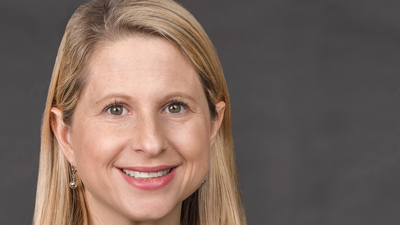
Research in Progress: The priming of ‘fake news’ for automated media
October 15, 2018
By Christopher M. Cox, Christopher Newport University
When considering ways to identify and discourage the spread of fake news online, the conversation inevitably turns toward the role of social media algorithms, bots and other automated technologies that obscure the distinctions between verifiable journalism and questionable information.
As we see with the ongoing dilemma of fake news on Facebook, one of the central quandaries is how (or if) Facebook can tweak its algorithms to ensure users receive a composite… More

Research in Progress: Comparing real news vs. fake news in the Zika epidemic
September 18, 2018
By Qian Xu, Elon University and Shi Chen, University of North Carolina at Charlotte
More and more individuals choose social media as the first source to gain information during health crises and disease outbreaks. While the low cost and easy access of social media make it more convenient for health officials and communicators to disseminate useful information, they also provide the unfortunate opportunities for fake health news to spread quickly and widely.
According to research, this… More

Research in Progress: Ethical digital engagement with low-income publics
September 11, 2018
By Katie R. Place, Quinnipiac University
Of the Page Principles, “Listen to Stakeholders” resonates with me the most—and supports ethical and inclusive engagement between organizations and their publics. Unfortunately, through my research, I’ve found that some organizations fail to listen to their publics and “engage a diverse range of stakeholders through inclusive dialogue.”
Among the diverse stakeholders every organization must recognize, low-income publics remain especially marginalized. A 2015 report by the Institute for… More

Research in Progress: How design influences reactions to fake news stories in social media
September 4, 2018
By Bart Wojdynski, University of Georgia
Social media and contemporary online misinformation are inextricably linked, because social media serves as the main source of traffic for many misinformation sites.
As a primary funnel of audiences to news stories of all kinds, Facebook has taken action several times in the past year in an attempt to decrease exposure to misinformation.
Facebook uses machine learning to identify potentially false stories. It compares them with catalogued fact-checking work by… More

Research in Progress: Examining the role of message source and rebuttal mechanisms
August 27, 2018
By Michail Vafeiadis, Auburn University, and Anli Xiao, Texas A&M University – Corpus Christi
Social media has amplified the rapid dissemination of (mis)information and fake news. A recent study out of the Massachusetts Institute of Technology found that fake news spreads at a much faster rate on Twitter than true news—the likelihood of the former to go viral is 70 percent higher.
The fake news phenomenon is particularly worrisome given that 64 percent of Americans believe that it… More

Using social media to enhance employee communication and engagement
August 20, 2018
By Michele Ewing, Kent State University, Rita Linjuan Men, University of Florida and Julie O’Neil, Texas Christian University
The growing use of social media in organizations is causing a reshaping of internal communication strategy. We conducted a study to explore the value of using internal social media. Our research resulted in several recommendations for companies who have or plan to develop social media strategies.
We focused on employee engagement, which we define as workers who are connected… More
Older
Newer







